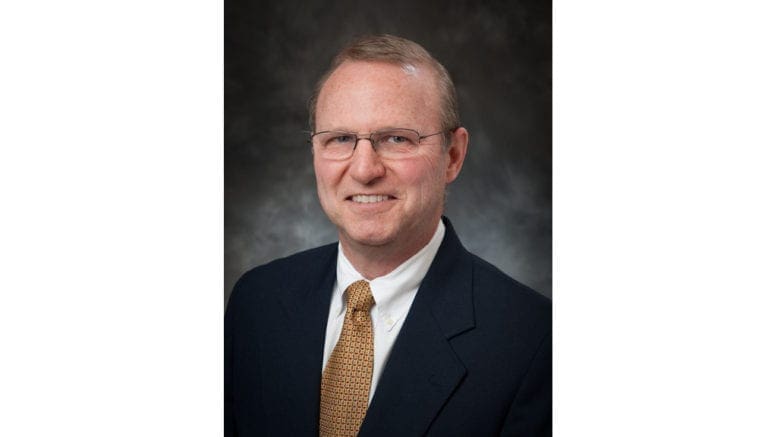Wellstar Health Systems has begun scheduling surgical procedures, and other services such as labs and imaging, that were put on hold due to the COVID-19 pandemic.
A press release announcing the resumption of services stated, “New and expanded infection prevention processes have been implemented to help keep team members, patients, and communities better protected from infectious disease during the COVID-19 pandemic. The decision to resume these services is in accordance with Governor Brian Kemp’s Executive Order on April 23 to re-open specific sectors of Georgia’s economy with limited operations.”
The Courier had a phone conversation with Dr. William Mayfield, the Chief Surgical Officer for Wellstar Health Systems about the resumption of services.
Dr. Mayfield was asked what procedures Wellstar is now scheduling.
“The term elective surgery has been thrown around. but it’s really not an appropriate term,” Mayfield said. “We would say that we’re reopening to do time-sensitive, essential surgery, not what most people would consider purely elective, although that may come in the next month or so.”
“We’re trying to create a patient experience that’s built purely on patient safety and protection,” he said. “As we restart this journey back towards reopening for procedures, we want to concentrate on younger, healthier patients.”
Mayfield said that it would not be appropriate to bring an 80-year-old in for a procedure, since people in that age bracket should really be staying at home.
“We don’t want to put anyone at any unnecessary risk,” he said. “The last thing we want to do is put somebody through surgery, and have them recovering from that, then contract the COVID virus and make it more difficult for them to recover.”
He said Wellstar has created separate COVID-positive and COVID-negative pathways for patients.
“As COVID-positive patients tend to be centered in the hospitals, we are diverting as many procedures as we can to our outpatient surgery centers,” he said. “Those are different from the hospitals. They don’t share the same supply chain, they don’t share the same personnel.”
“They’re physically away from the hospitals and their issues,” he said. “We want to give the patient confidence that they can come to a COVID-free environment.”
Mayfield said Wellstar is following guidelines from the CDC, the American Hospital Association and the American College of Surgeons.
The guidelines include recommendations for personal protective equipment and cleaning.
Wellstar is performing nasopharyngeal testing on every patient scheduled to undergo a procedure.
“If you’re COVID negative, then we’ll bring you in, still using all the PPE,” he said. “But if you’re COVID positive, we’re going to recommend that if this is not an urgent operation, that we wait at least a month, retest you, make sure that you don’t become symptomatic, and then start over again.”
“Those are the the kinds of things we’re doing to create absolutely as safe a plausible pathway as we can make it,” he said.
Mayfield said the procedures Wellstar has resumed include elective cardiac catheterization, cardiac ablation, putting in pacemakers and cardioverter-defibrillators, and replacing batteries in the devices.
“We don’t want your pacemaker battery to run down at home,” Mayfield said.
He said that patients with painful gallstones, which can cause necrosis, those with diverticulitis who need their colon resected, patients with colon polyps and patients in need of breast biopsies will now be able to receive diagnosis and treatment.
Dr. Mayfield then described procedures that Wellstar Health Systems has not yet reinstated.
“There are some things that people can live with just fine,” he said. “If you have a lipoma, a little benign tumor on the arm or leg or back, that can wait.”
He said purely cosmetic elective surgery is not being scheduled at Wellstar facilities, but that privately-owned surgery centers are performing those procedures.
“We’re really not encouraging people to get those done at this time,” Mayfield said.
In the news release announcing the return of the procedures, Dr. John Brennan, executive vice president and chief clinical integration officer of Wellstar Health Systems said,
We are proud of the commitment our team members, patients, and communities have shown in the effort to prevent the spread of COVID-19. The actions taken by Wellstar and people in the communities we serve has made a difference in our ability to provide care to those who need it most during the pandemic.
Now it is time for us to safely expand our focus to meet the broader healthcare needs of our patients, with guidance from leading health authorities and our experts at Wellstar.”
